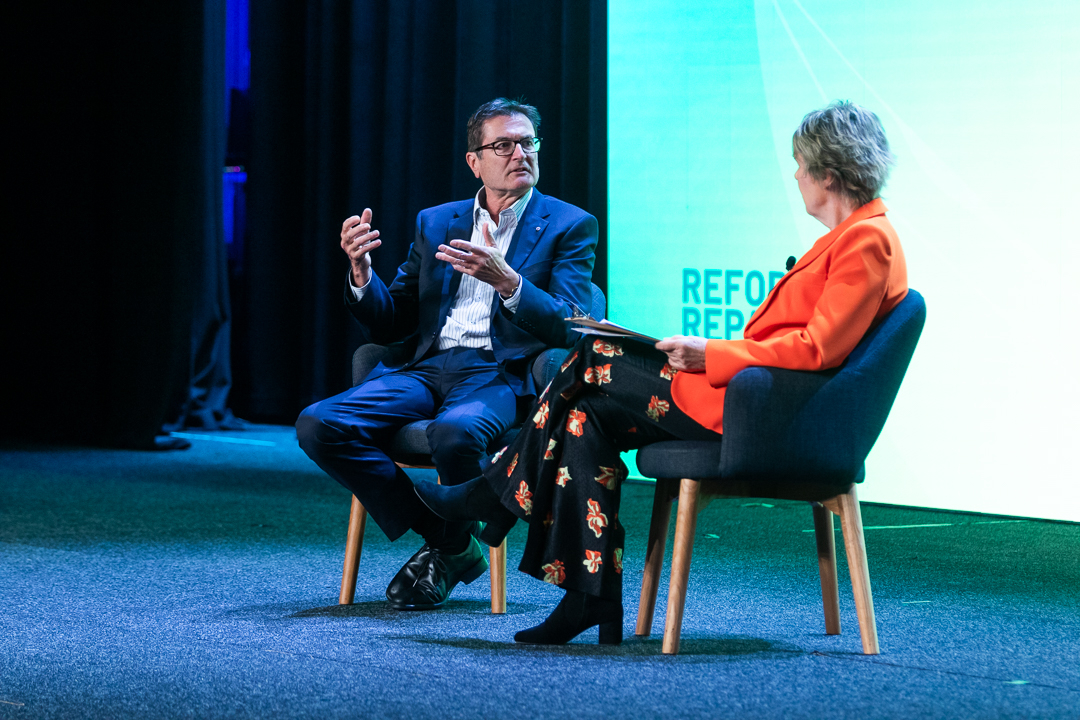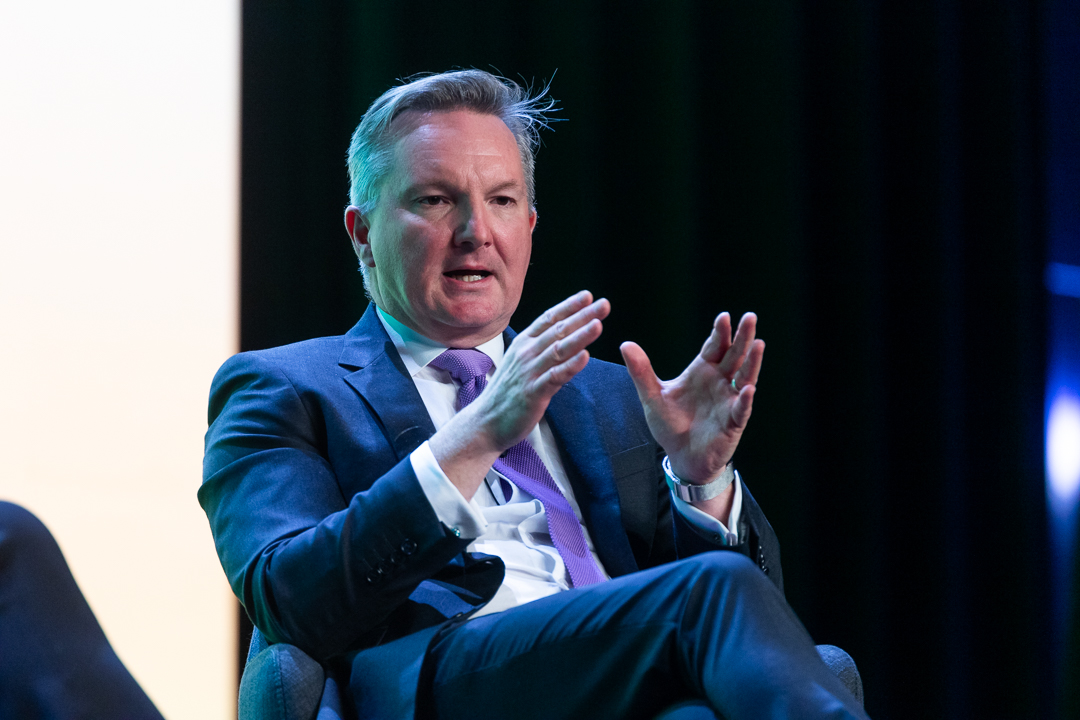Industrial companies that treat decarbonisation as simply a matter of cost and compliance will struggle to succeed in an economy heading towards net-zero, experts have told the Carbon Market Institute’s (CMI) Emissions Reduction Summit.
The warnings came from speakers including Dr Ben McGarry, decarbonisation principal with consultancy Aurecon, Antony Taylor, senior manager for project planning, engineering, sustainability and environmental with explosives and fertiliser company Orica, and Sarah Barker, partner in law firm Minter Ellison.
Aurecon’s Ben McGarry told the summit that large businesses often allocate responsibility for emissions reduction at a Safeguard-covered facility to someone who is “very focused on the economics of reducing emissions”.
But that person is often likely to have little understanding of carbon markets, or key issues such as regulatory arrangements for the new Safeguard Mechanism Credits, or the business implications of a potential ‘CBAM’ carbon border tariff.
In those circumstances, it’s not unusual to see some “wheel-spinning” in large companies, before decarbonisation decision-making is escalated to a level where all these factors can be considered in an integrated way, he said.
Companies that don’t examine all these big-picture factors, and that instead perpetually try to fund decarbonisation on a gradual basis through operating expenditure allocations “are really going to struggle”, McGarry warned.
McGarry added that it wasn’t sufficient for Safeguard-covered companies to simply have a good understanding of the cost of their own decarbonisation options.
Because of the potential to trade Safeguard Mechanism Credits among these businesses, they also need to understand their own in-house decarbonisation costs relative to the in-house costs of other Safeguard facilities.
Orica’s Antony Taylor told the summit that it’s increasingly clear that early decarbonisation isn’t always a regulatory cost to a business, but can instead become “a commercial advantage”.
“The maturity of the conversation is certainly growing, from how much is it going to cost me, to what opportunities can I explore from decarbonisation or accelerating that process,” he said.
Although it’s crucial to incentivise heavy industry to undertake on-site actions, Taylor said “there will be stages where the technology is not keeping up with ambition, and where carbon credits and carbon markets will play a role”.
However, a company’s strategy about carbon credit use needs to be specifically designed for what it is trying to achieve, he cautioned.
Minter Ellison’s Sarah Barker noted that companies often ask lawyers “what are my obligations” on climate change and environmental matters, with the aim of having a handy checklist of what they need to do.
But that approach doesn’t work for climate or sustainability, she said.
“It’s not a compliance issue,” she said. “It’s a risk issue.”
Instead of treating climate and sustainability matters as a regulatory compliance exercise, businesses need to treat them as a commercial risk issue requiring a holistic response, Barker said.
Failing to treat them this way could, for example, result in businesses accepting conditions in long-term contracts that could then become major barriers to the company’s efforts to decarbonise, Barker said.
A Media Kit with a transcript of the interview and other images is available here.
About the 10th Annual Australasian Emissions Reduction Summit
The Carbon Market Institute’s annual Emissions Reduction Summit is one of the largest and longest-running business and climate action events in the region and is taking place in Sydney today and tomorrow (September 14 and 15).
In the midst of a transformational 12 months for the global economy as it continues to navigate the escalating challenges, scrutiny and real-life impacts of climate change, this year’s Summit will provide a timely pulse-check on business progress, as well as government ambition and international action as leaders prepare for COP28 later this year.
About the Carbon Market Institute
The Carbon Market Institute (CMI) is a member-based institute accelerating the transition towards a negative emissions, nature positive world. It champions best practice in carbon markets and climate policy, and its over 150 members include primary producers, carbon project developers, Indigenous organisations, legal, technology and advisory services, insurers, banks, investors, corporate entities and emission intensive industries. The positions put forward constitute CMI’s independent view and do not purport to represent any CMI individual, member company, or industry sector.



